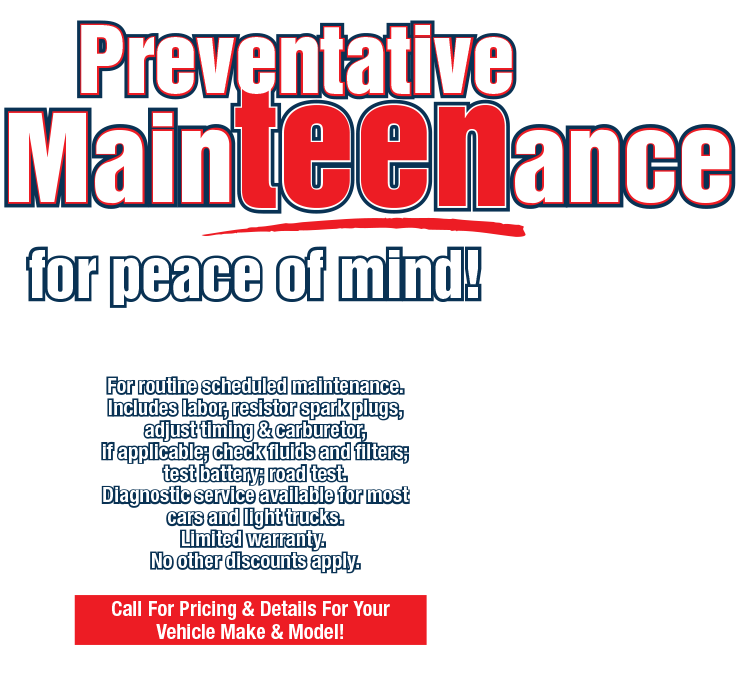In a Fog (Fogged Windows in Cold Weather)
August 18, 2024
It's bad enough in cold weather when ice and snow block your visibility. Add to that fog on the inside of your windows and you could be driving blind. So here are a few tips on how to keep your windows from fogging up when there's a chill in the air.
You probably know fog is really condensation, when moist, warm air meets a cold surface and turns to liquid. If your windshield fogs up, you probably turn on your windshield defroster. Most defrosters blow heated air on the windshield glass to warm it up so it won't condense the moisture. Many also turn on the air conditioning to reduce the moisture.
That same strategy can work on the rest of the windows. First, turn up your heater's temperature setting. The hotter the air, the more moisture it will hold. Also, turn off the "recirculating" setting since you want all outside air to come in. Then switch on the air conditioning. It will remove the moisture from the outside air that it's blowing inside the cabin. Try cracking a couple of windows to make it easier for the air to flow. This should do the trick pretty quickly.
There's one other thing to try. Many vehicles have electric heater elements embedded in the rear window glass (the rear window defroster) and in the outside rearview mirror glass. Make sure to turn those on, too; sometimes they're on the same switch.
For all of these things to work, of course, your vehicle's components have to be maintained so they'll do the things they're designed to do. And you didn't think it was important to have your air conditioning working in the cold weather months!
One final tip. Keep the insides of your windows CLEAN. Oil and dirt on the glass give the water molecules something to latch on to. That ought to clear up this problem.
Courtesy Auto Repair Plus
967 Bon Air Ave
Tiffin, Ohio 44883
419-443-0797
http://www.courtesyautorepairplus.com
More articles from Courtesy Auto Repair Plus

No Charge (Why Won?t My Battery Hold a Charge?)
February 15, 2026
When your vehicles battery is dead, it leaves you with that horrible, helpless feeling. A dead battery means it wont hold a charge, and there are several reasons it wont. One is age. Batteries have chemical and electrical systems in them that create power, and as time goes by, they wont work we... More

Reaching the Braking Point (Brake hose replacement)
February 8, 2026
If you notice your brakes arent working like they used to, thats the kind of thing thats important to have checked out soon. Thats because your brakes are extraordinarily important to the safe operation of your vehicle. Sometimes you feel like your brake pedal is feeling a little soft or its lo... More

No Fuel-ing! (Fuel Filter Replacement)
February 1, 2026
Your vehicle has a few filters you might be somewhat familiar with. Theres the oil filter that removes impurities from your engines oil, and a couple of different kinds of air filters that prevent contaminants from getting into the engine and the cabin. But you may not know that your vehicle als... More







